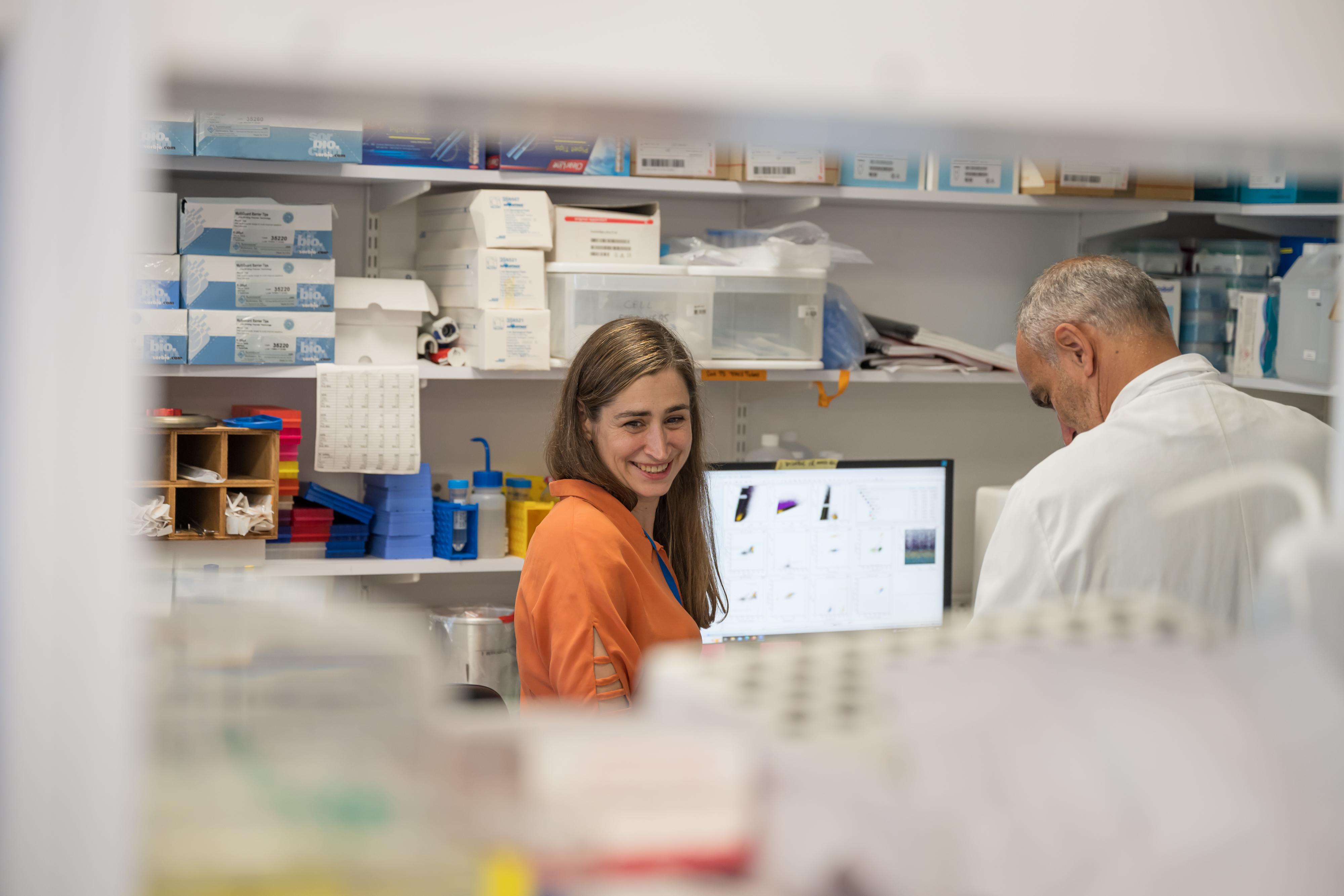Appropriate medical follow-up
“Special follow-up,” says Dr. Jean-Michel Allouch, obstetrician-gynecologist. Because expectant mothers aged 40 and over, most of whom are fortunately in good shape, nevertheless experience more complications than the others. If general fatigue, venous disorders, are the minor ailments that are seen most frequently, arterial hypertension or diabetes are pathologies that must be closely monitored. A dating ultrasound is recommended around nine weeks of amenorrhea (seven weeks of pregnancy) to avoid an early miscarriage. »
Common exams
We track the Trisomy 21 and other possible concerns via an ultrasound at the 12th week of amenorrhea and a serum assay (blood assay of hormones of placental origin) at the 15th week, in order to detect malformations early enough. Late in pregnancy, an additional ultrasound is often done to check the baby’s growth and the amount of amniotic fluid. It is also necessary to have the heart rate of the fetus checked by monitoring to detect any possible suffering. The search for gestational diabetes is made in the 2nd trimester, by an unpleasant ingestion of 75 g of glucose and by measuring blood sugar at 120 minutes.
Case by case
Depending on the future mother’s state of health (chronic illnesses, gynecological history, lifestyle, etc.), the doctor will prescribe certain additional examinations throughout the nine months. In all cases, maintaining the rhythm of monthly consultations is essential.

















